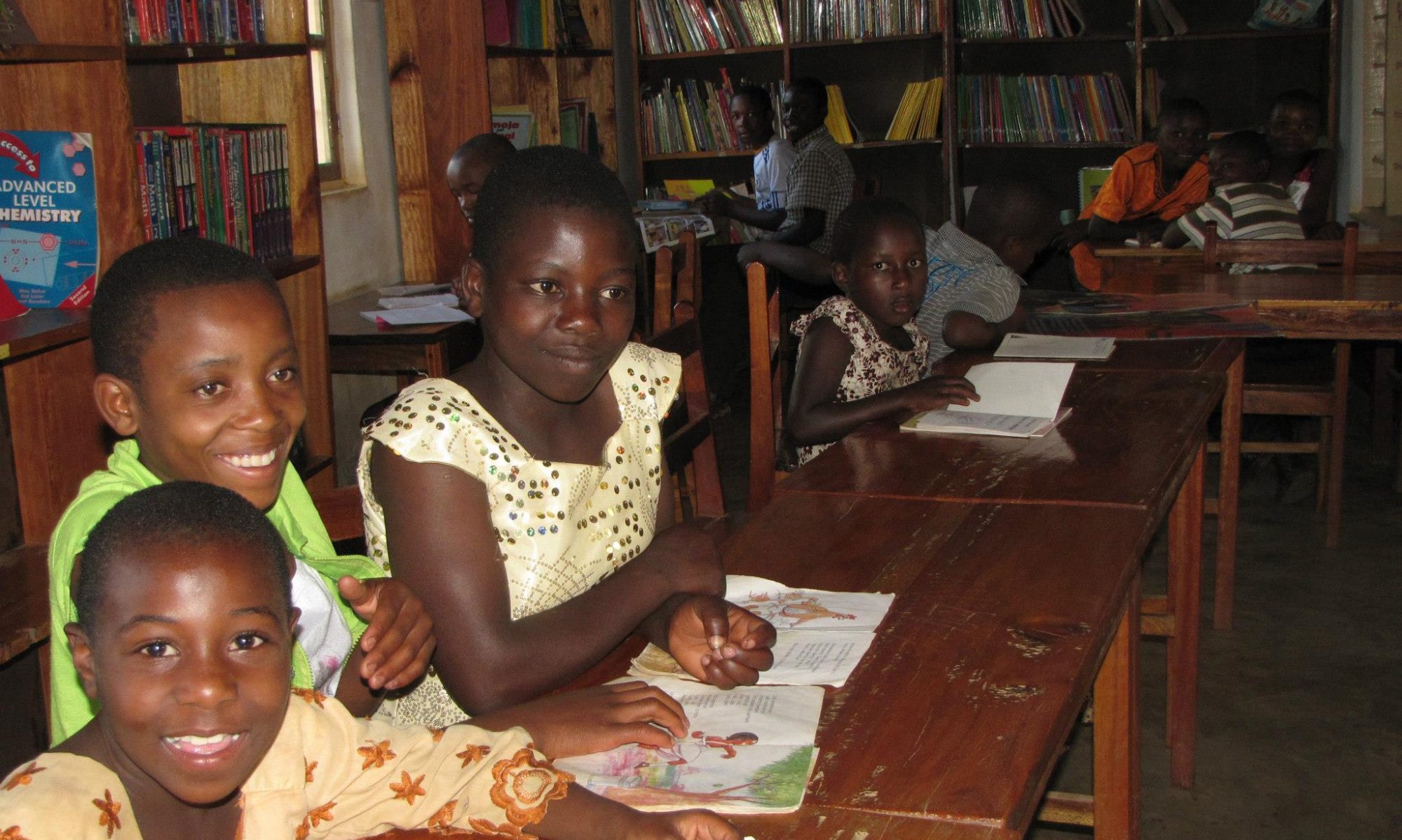[Editorial from The Citizen]
Education for girls should no longer be the subject of negotiation, especially in light of the fact that females comprise the greater part of the population. As far back as 2003, there were 98 males for every 100 females in Tanzania. There should be more girls than boys in school now, all things being equal.
Yet the evidence paints a different picture. According to the Tanzania Domestic Household Survey of last year, at least 93 per cent of girls from the wealthiest families got full primary education, but only 54 per cent from poorest families did so.
There may be a number of reasons for this yawning disparity, and we can only speculate on some of them. Whereas girls from the former category may be chauffeur-driven to school, the latter often have to walk or, if they are lucky, get on public transport.
The same ritual is repeated when school is over and they have to return home. All too often, there are many distractions for girls caught up in this situation. With this kind of rigmarole, it is small wonder that only half of the girls from poor families complete education in Tanzania’s primary schools.
This is neither fair nor moral. Indeed, such disparities feed class segregation in our society—with one Tanzania of educated children from rich families and another comprising uneducated children from poor families.
No meaningful education translates these days into meaningful life opportunities. This is the destiny of most girls. This is not the Tanzania we want. Since the dawn of independence, we have upheld the dream of a society in which every child has an equal opportunity in education. We have aspired to have a country in which no child is marginalised, regardless of family status.
We should leave no stone unturned in our efforts to erase such glaring differences among Tanzania’s children. There is a saying that educating a girl is educating an entire family. The benefits should be clear enough.


.jpg) By The Guardian Reporter
First Lady Mama Salma Kikwete has said that discipline is instrumental for girl students to excel in education.
Mama Kikwete, who is also Women and Development Organization (WAMA) chairperson, made the remarks here over the weekend when she visited Mpanda Girls’ Secondary School.
She said for years women and girls were denied their right to education, adding that it was now prime time for girls to seriously concentrate on their studies.
The WAMA chairperson noted that early pregnancies had remained a stumbling block in girls’ education.
“You will only get out of that trap if you seriously embark on education. Through education you can be able to identify better opportunities to uplift your families and the nation at large,” she said.
Meanwhile, the government has donated 52m/- for the construction of four class rooms, toilets and a teacher’s house at the school.
The school’s headmistress, Nyabise Sabasi, said the 23-year-old school was facing shortage of dormitories.
“Some students sleep in classrooms,” she said.
By The Guardian Reporter
First Lady Mama Salma Kikwete has said that discipline is instrumental for girl students to excel in education.
Mama Kikwete, who is also Women and Development Organization (WAMA) chairperson, made the remarks here over the weekend when she visited Mpanda Girls’ Secondary School.
She said for years women and girls were denied their right to education, adding that it was now prime time for girls to seriously concentrate on their studies.
The WAMA chairperson noted that early pregnancies had remained a stumbling block in girls’ education.
“You will only get out of that trap if you seriously embark on education. Through education you can be able to identify better opportunities to uplift your families and the nation at large,” she said.
Meanwhile, the government has donated 52m/- for the construction of four class rooms, toilets and a teacher’s house at the school.
The school’s headmistress, Nyabise Sabasi, said the 23-year-old school was facing shortage of dormitories.
“Some students sleep in classrooms,” she said.